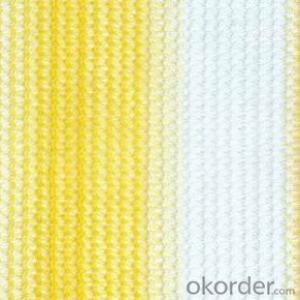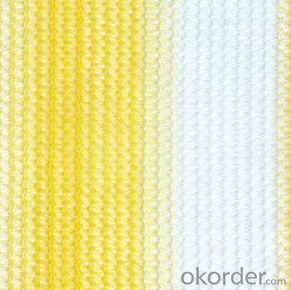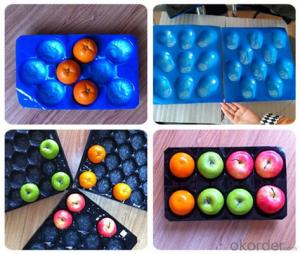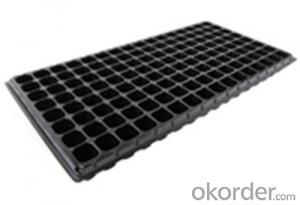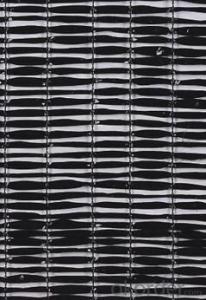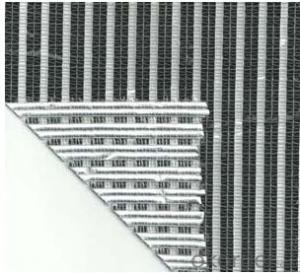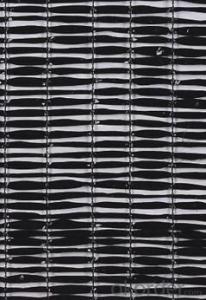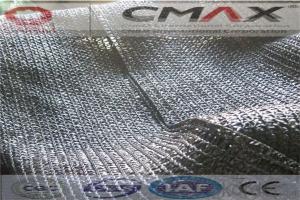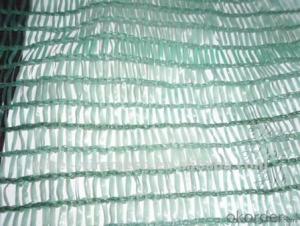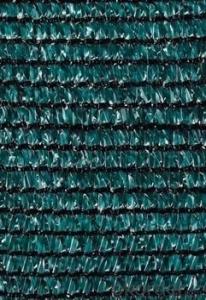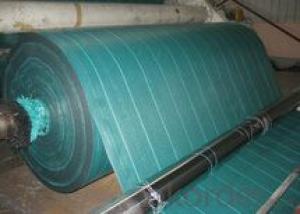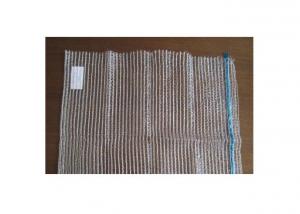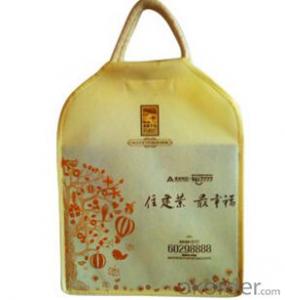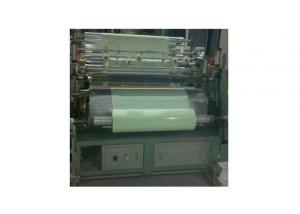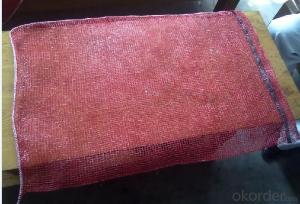sunshade net 80% shade factor UV 10years
- Loading Port:
- Ningbo
- Payment Terms:
- TT OR LC
- Min Order Qty:
- -
- Supply Capability:
- 50000pcs pc/month
OKorder Service Pledge
OKorder Financial Service
You Might Also Like
sunshade net 80% shade factor UV 10years
Material: 100% virgin HDPE
Using life: 5 ~10 years Gurantee
Export market: Europe ,America,Japan, the Middle East ,Africa
Shape: Square, Triangle , Rectangle
Net weight: 160g/m2--320g/m2
Size: 3x3m, 3.6x3.6m 3x3m, 3x3x3m,5x5m,5x5x5m and so on UV block: 85-95%
Packaging & DeliveryPackaging Detailsunshade net 80% shade factor UV 10years:
Each piece of sail will be put into a pvc hadle bag with a color label inside, seveal pcs packaging into a paper carton with shipping mark.
Application sunshade net 80% shade factor UV 10years:
It could be used in the outdoor in home and garden , kindgarden.
Delivery time sunshade net 80% shade factor UV 10years:
we could ship at once if our regular size .
- Q: What are some ground cover options for a woodland courtyard?
- Some ground cover options for a woodland courtyard include moss, ferns, hostas, vinca minor, creeping thyme, and sweet woodruff.
- Q: Do nursery trays come with a humidity control lid?
- No, nursery trays typically do not come with a humidity control lid.
- Q: My sportsman has a crack in the plastic and also i want a different color. I cant find one store that sell stock plastics that are new. If you know of any store please tell me.
- put it in your local newspaper classifieds
- Q: How do you prevent ground cover plants from competing with trees or shrubs?
- One effective way to prevent ground cover plants from competing with trees or shrubs is by creating physical barriers such as installing root barriers or edging. These barriers help restrict the spread of ground cover plants and keep them from encroaching on the root zones of trees or shrubs. Additionally, regular maintenance practices like mulching and selective pruning can also help control the growth and spread of ground cover plants, ensuring they don't outcompete the trees or shrubs for nutrients, water, and sunlight.
- Q: Or other plastic items?
- At times yes. but you can only recycle a plastic bottle no more than once. then they just even make more plastic which is harmful.
- Q: How do you prevent ground cover plants from interfering with other garden plants?
- One way to prevent ground cover plants from interfering with other garden plants is to provide adequate spacing between them. This will allow enough room for the ground cover plants to grow and spread without smothering or overshadowing the other plants. Additionally, regular trimming and pruning of the ground cover plants will help control their growth and prevent them from encroaching on the neighboring plants.
- Q: What are some ground cover options for dry and arid climates?
- Some ground cover options for dry and arid climates include succulents such as sedum and ice plant, as well as creeping thyme, woolly thyme, and creeping phlox. These plants are drought-tolerant and can thrive in hot and dry conditions.
- Q: what are the ill effects of plastic bags ? give them in tabular form.
- Well, plastic, particularly plastic bottles in hot conditions like in cars and when stored in extreme temperatures during storage and transportation can leach out chemicals that can lead to breast and other types of cancer. Aside from this, according to UNEP, out of more than 200 billion pounds of plastic the world produces each year, 10 percent ends up in the ocean. 70% of that eventually sinks, doing damage to ocean floor life. The rest floats.
- Q: Is it safe to use a plastic bucket for a boiler pot while distilling moonshine?
- Use a pressure cooker. Attach a hose on the vent at the top, and loop the plastic tubing through some ice water. Have a collection vessel at the end to catch the drips.
- Q: Are agricultural plastic products used in livestock farming?
- Yes, agricultural plastic products are commonly used in livestock farming for various purposes such as storing feed, covering silage, constructing shelters, and handling manure.
Send your message to us
sunshade net 80% shade factor UV 10years
- Loading Port:
- Ningbo
- Payment Terms:
- TT OR LC
- Min Order Qty:
- -
- Supply Capability:
- 50000pcs pc/month
OKorder Service Pledge
OKorder Financial Service
Similar products
Hot products
Hot Searches
Related keywords
